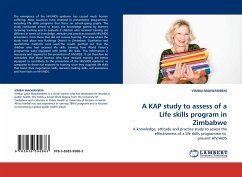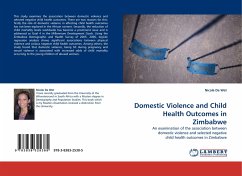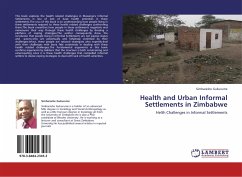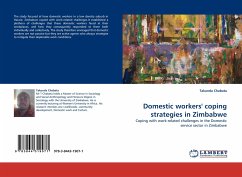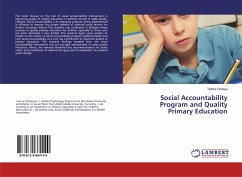The emergence of the HIV/AIDS epidemic has caused much human suffering. Most countries have invested in preventative programmes, including life skills programs that focus on school-going pupils. The study conducted aimed to assess the knowledge gained by learners receiving training and to evaluate if children who received training are different in terms of knowledge, attitude and practices towards HIV/AIDS prevention, from those that did not receive training. The area where the study took place was Rushinga District in Zimbabwe. Qualitative and quantitative methods were used.The results pointed out that the children who had received life skills training from World Vision's programme were equipped with better life skills. This information is necessary and required in the prevention of HIV/AIDS. It can therefore be concluded that these learners who have received training are better equipped to contribute to the prevention of the HIV/AIDS epidemic as compared to those not exposed totraining since they acquired life skills that boost their negotiation skills, decision making skills, self awareness and have facts on HIV/AIDS.
Bitte wählen Sie Ihr Anliegen aus.
Rechnungen
Retourenschein anfordern
Bestellstatus
Storno

